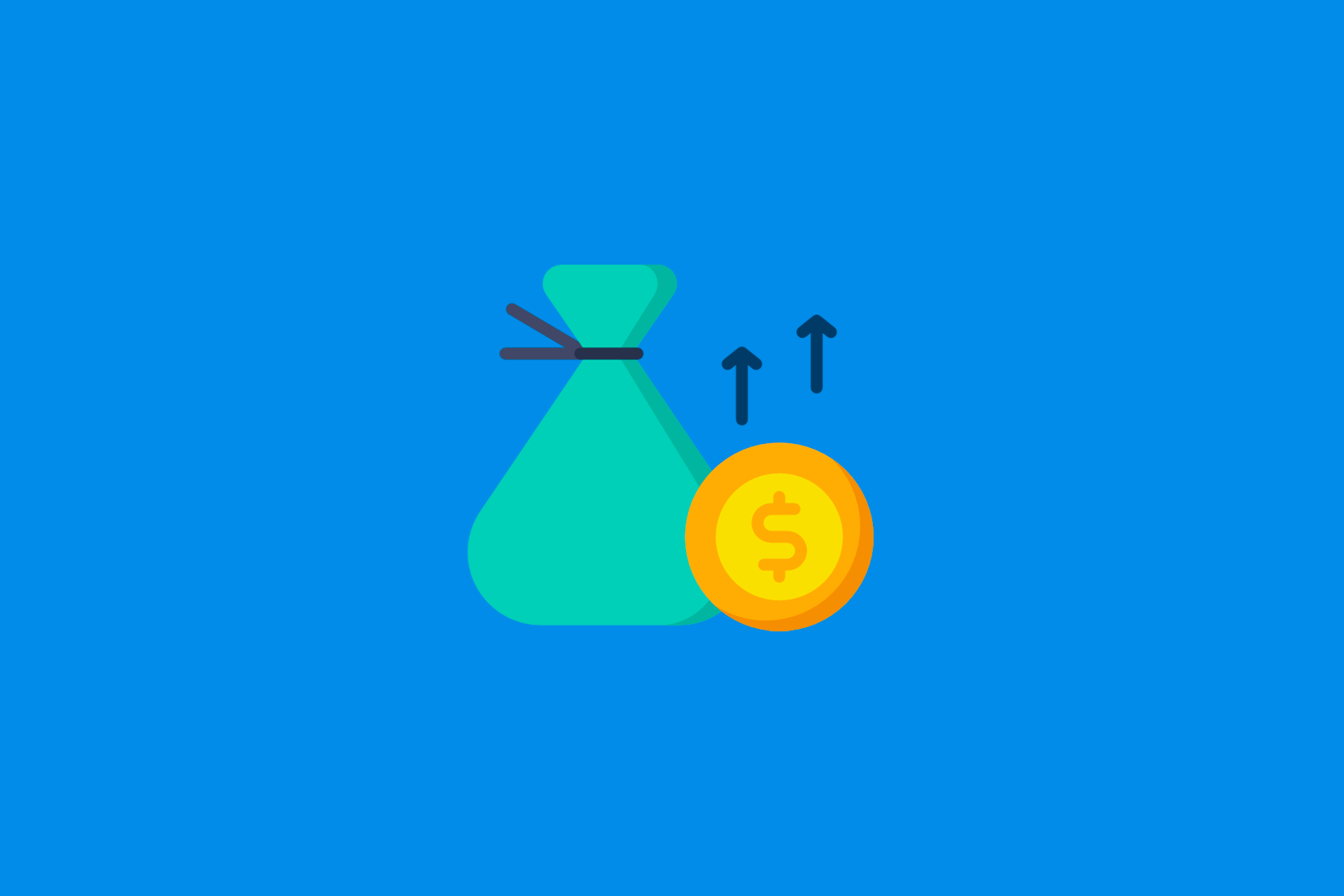Are you familiar with double-blind review? It is considered to be the most effective way of evaluating scientific work.
In this case, both the authors and the reviewers have their identities protected.
This is so important that, in 2009, Sense about Science, a British agency, carried out an excellent study on this review, in which more than 4,000 researchers were interviewed.
Among these, 84% said that scientific analysis would not be controlled without double-blind review, compromising the credibility of the works.
That’s why we’ve developed this blogpost to explain more about it. Check it out below!
Understand how the double-blind review works
At present, double-blind review is the best option for evaluators and researchers because of the quality and reliability it conveys to both.
This way, it is possible to avoid missteps throughout the process.
This means that when the reviewer doesn’t know the authors of the scientific project, he or she can make a more honest assessment.
Not only that, but it also allows them to focus exclusively on what is written and not to consider the importance and career of the researcher.
The review guarantees the same security and credibility for the author.
That way, they can be sure that the work has been approved for the content presented and not for external interference, whether or not it comes from a renowned institution.
Therefore, it ends up being one of the most widely used in scientific circles, as it eliminates subjectivity, preventing people from being unfairly favored or disadvantaged.
But even with all these precautions, some researchers believe that complete anonymity is impossible because the subject or style may end up indicating something about the person writing the work.
What is the difference between blind and double-blind reviews?
If you’ve ever been through a reviewing process, you’ll know that there are other methods of correction.
And within the academic world, the blind review is also well known and consists of the anonymity of the reviewers only.
This way, the authors don’t know who the reviewers are, unlike the double-blind, in which neither has information about the other.
How to automate the double-blind review process
The double-blind evaluation process, despite being the most advisable, needs to be carried out well so as not to overwhelm the scientific committee.
For this reason, the tendency is to use systems and platforms that automate this process, from the submission of scientific papers to the release of the results.
And with this in mind, we have created a space that helps both: we are one of those platforms suitable for automating the entire flow of evaluations of scientific events and publications.
